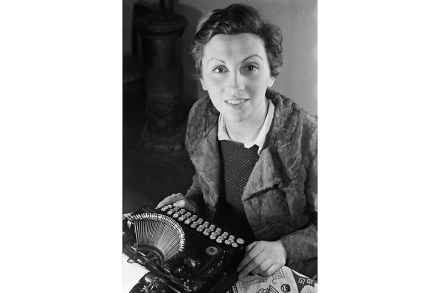Femicide in Mexico reaches staggering proportions
In July 1990, Liliana Rivera Garza, a 20-year-old architecture student, was strangled to death at her home in a borough of Mexico City. Her suspected killer, Ángel González Ramos, an ex-boyfriend, fled and remained at large. Three decades later, buttressed by a movement protesting against violence towards women, her sister returned to Mexico in the hopes of finding justice. An acclaimed author and essayist, Cristina Rivera Garza is a professor of Hispanic Studies at the University of Houston. Liliana’s Invincible Summer begins with her quest to track down the case files. When the paper trail hits a dead end, she turns her detective work to her sister’s personal archive, motivated





















